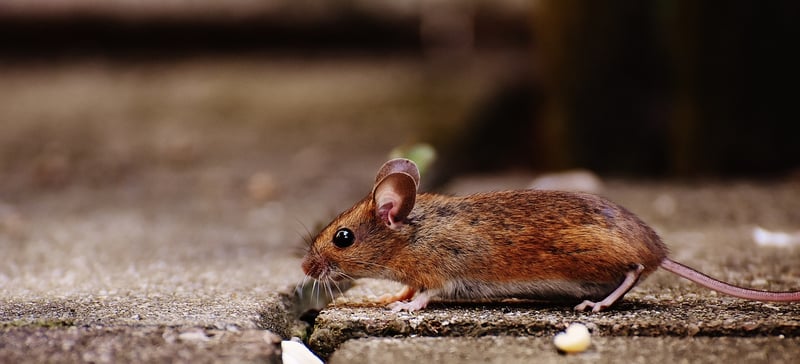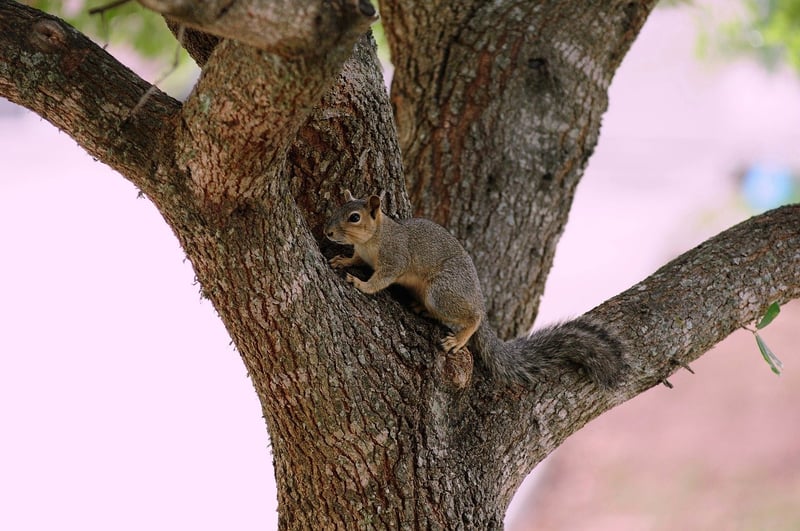Rodent Control
Effective Strategies for Dealing with Garden Pests and Rodent Control
Garden Pests: Identifying and Managing Them
Gardens are a haven for a variety of pests that can damage plants and disrupt the ecosystem. Identifying these pests is the first step towards effective pest control. Common garden pests include aphids, caterpillars, snails, and slugs.
1. Natural Predators:
Encouraging natural predators like ladybugs, spiders, and birds in your garden can help keep pest populations in check.
2. Neem Oil:
Neem oil is a natural pesticide that can effectively control a wide range of garden pests without harming beneficial insects.
3. Companion Planting:
Planting certain herbs and flowers alongside your vegetables can help repel pests and attract beneficial insects.
Rodent Control: Preventing Infestations
Rodents like rats and mice can wreak havoc in gardens by feeding on plants and contaminating produce. Here are some tips for rodent control:
1. Seal Entry Points:
Inspect your garden for any gaps or openings that rodents can use to gain access. Seal these entry points to prevent infestations.
2. Traps and Baits:
Set up traps and baits in strategic locations to capture and eliminate rodents in your garden.
3. Cleanliness:
Keep your garden clean and free of debris that can attract rodents. Proper waste management is key to rodent control.
Conclusion
By implementing these strategies for dealing with garden pests and rodent control, you can protect your plants and promote a healthy garden ecosystem. Remember to monitor your garden regularly and take proactive measures to prevent pest infestations.


